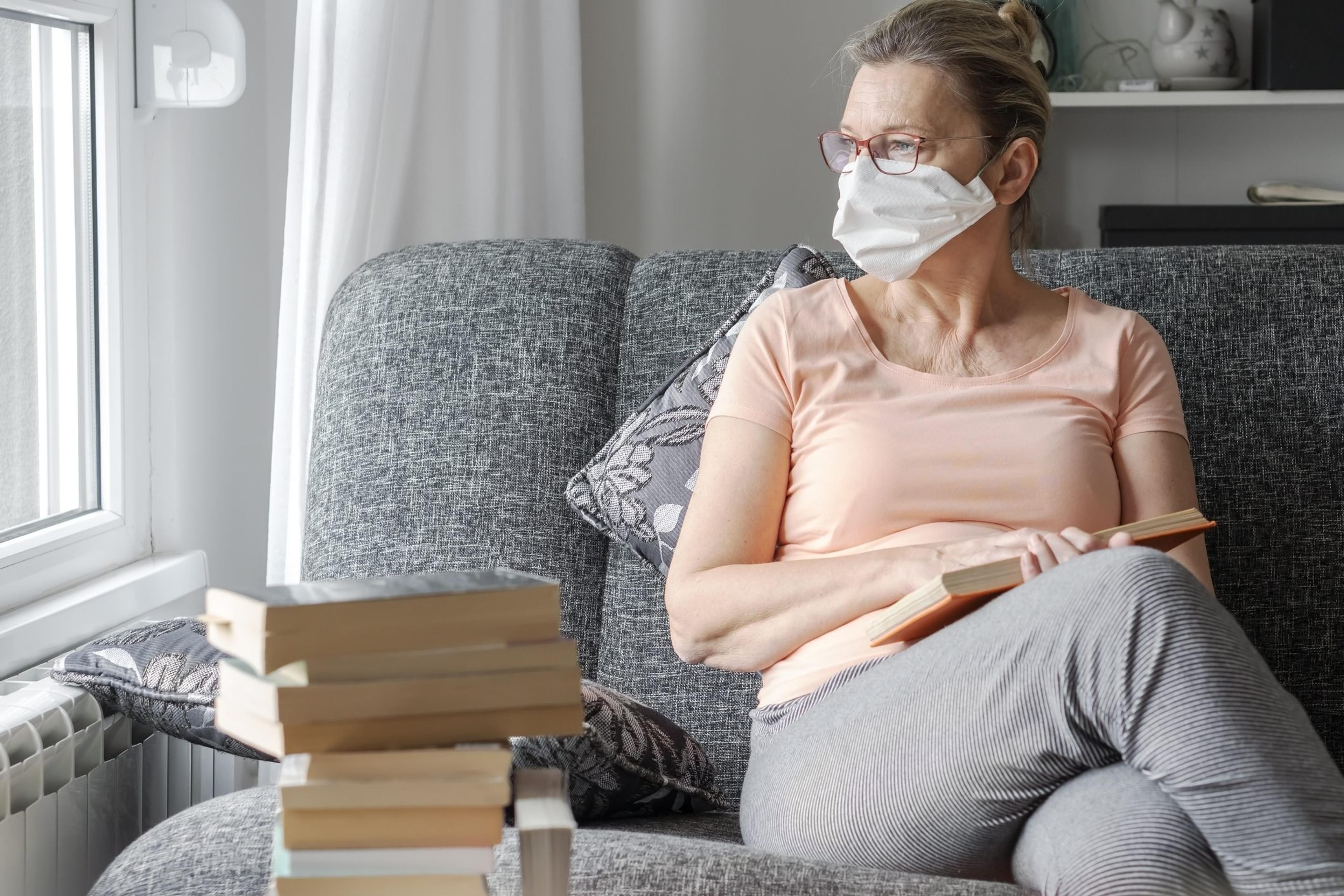Effects of Pandemic Isolation on Mental Health

Dr. Kristyn Gregory
| 3 min read
Dr. Kristyn Gregory, D.O., is a medical director of behavioral health at Blue Cross Blue Shield of Michigan. Dr. Gregory received her medical degree from the Chicago School of Osteopathic Medicine. She then completed residency training in Adult Psychiatry at Henry Ford, and a fellowship in Child and Adolescent Psychiatry at Wayne State University. She is board-certified in Adult, Child and Adolescent Psychiatry. She has practiced in a variety of settings in the metro Detroit area including inpatient, residential, outpatient, school-based and juvenile justice programs.

Nearly half of all adults in the U.S. have reported their mental health has suffered due to the pandemic, according to a recent poll. Measures in place to protect public health like closing schools, limited staffing, business closures and social distancing can unfortunately lead to greater isolation and loneliness – which is linked to poor mental health outcomes. Social isolation affects everyone in different ways, but it is also a risk factor for suicide. Here are some situations to consider in which isolation could be particularly harmful to an individual’s mental health:
- Behavioral or Developmental Disorders: People who have impairments with learning, language, physical movement or behavior may have difficulties accessing information, taking preventative measures against the pandemic or communicating their own symptoms if they are sick. They’re also more at risk for anxiety and depression, which could be exacerbated by being isolated from others.
- Caregivers: Caring for an older parent or sick child can be especially isolating during the pandemic. Keeping the household safe from exposure to COVID-19 may mean caregivers are taking on more tasks themselves instead of finding relief from outside help.
- Children: With the school year disrupted by the pandemic, many children may be missing the social interaction that comes from sports, activities and daily classes. Adolescent children who are already more at risk for depression may experience greater reactions to their new social limits and act out at home.
- Grieving a Loss: Losing a family member or friend is difficult regardless of the circumstances, but the pandemic makes grieving even more difficult with restrictions on travel and large gatherings. Many severely ill COVID-19 patients are unable to have loved ones at their side due to hospital visitor restrictions. Not being able to say goodbye or fully grieve the loss of someone can be traumatic.
- History of Depression or Anxiety: People who have a history of depression and anxiety diagnoses are at a higher risk for negative effects from isolation during the pandemic.
- Seniors: Adults age 65 and over are at a high risk of severe illness from COVID-19, so many must take extra precautions to distance themselves from others during the pandemic. With a higher risk for depression and without in-person support from friends and family, seniors may be particularly isolated.
How to Cope
Managing stress and change during this time can be difficult, especially without the distractions of traditional social schedules. Individuals should prioritize self-care to feel their best and be able to think clearly. Here are some self-care tips:
- Avoid drugs and alcohol
- Connect with friends and family through phone calls, chats and video calls
- Eat a healthy diet
- Establish and keep a routine
- Exercise regularly
- Get plenty of sleep
- Take breaks from the news and social media
- Unwind from work with relaxing activities
Signs of Distress
It’s important to recognize when coping mechanisms aren’t working. Anyone who is experiencing these signs of distress consistently or feels unable to carry out normal functions should ask for help:
- Anger
- Changes in appetite, energy or activity levels
- Difficulty concentrating
- Feelings of numbness, anxiety or fear
- Headaches, body pains, stomach problems or other physical reactions
- Increased use of substances like tobacco, drugs or alcohol
- Worsening of chronic health problems
Individuals should contact their health care provider to discuss any mental health concerns and potential treatment options. The National Suicide Prevention Lifeline is available at 1-800-273-TALK (8255) for English and 1-888-628-9454 for Spanish. Dr. Kristyn Gregory, DO, is a medical director of behavioral health at Blue Cross Blue Shield of Michigan. More from MIBluesPerspectives.com:
- Grieving Our Pre-Coronavirus Routines
- Finding Online Mental Health Resources During COVID-19
- COVID-19: Finding Mental Health Resources for Underserved Communities
Photo credit: BakiBG





